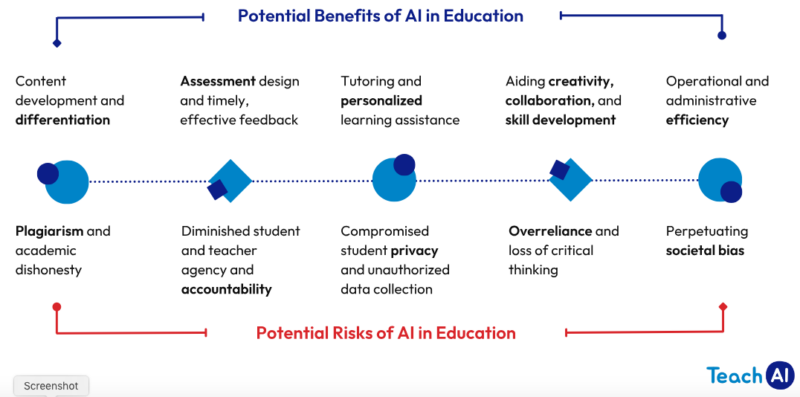Editor’s note: This story originally appeared on CoSN’s blog and is reposted here with permission.
Key points:
- CTOs should maintain critical relationships for efficient school technology processes
- The journey to digital sustainability: A CIO’s perspective
- How to direct a districtwide tech transformation on a budget
- For more news on district CTOs, visit eSN’s IT Leadership hub
One of our jobs as CTOs is developing great relationships with other district leaders. IT touches every aspect of the modern K-12 district, and our success, as well as the success of the district, relies on our ability to build and maintain these relationships. …Read More


